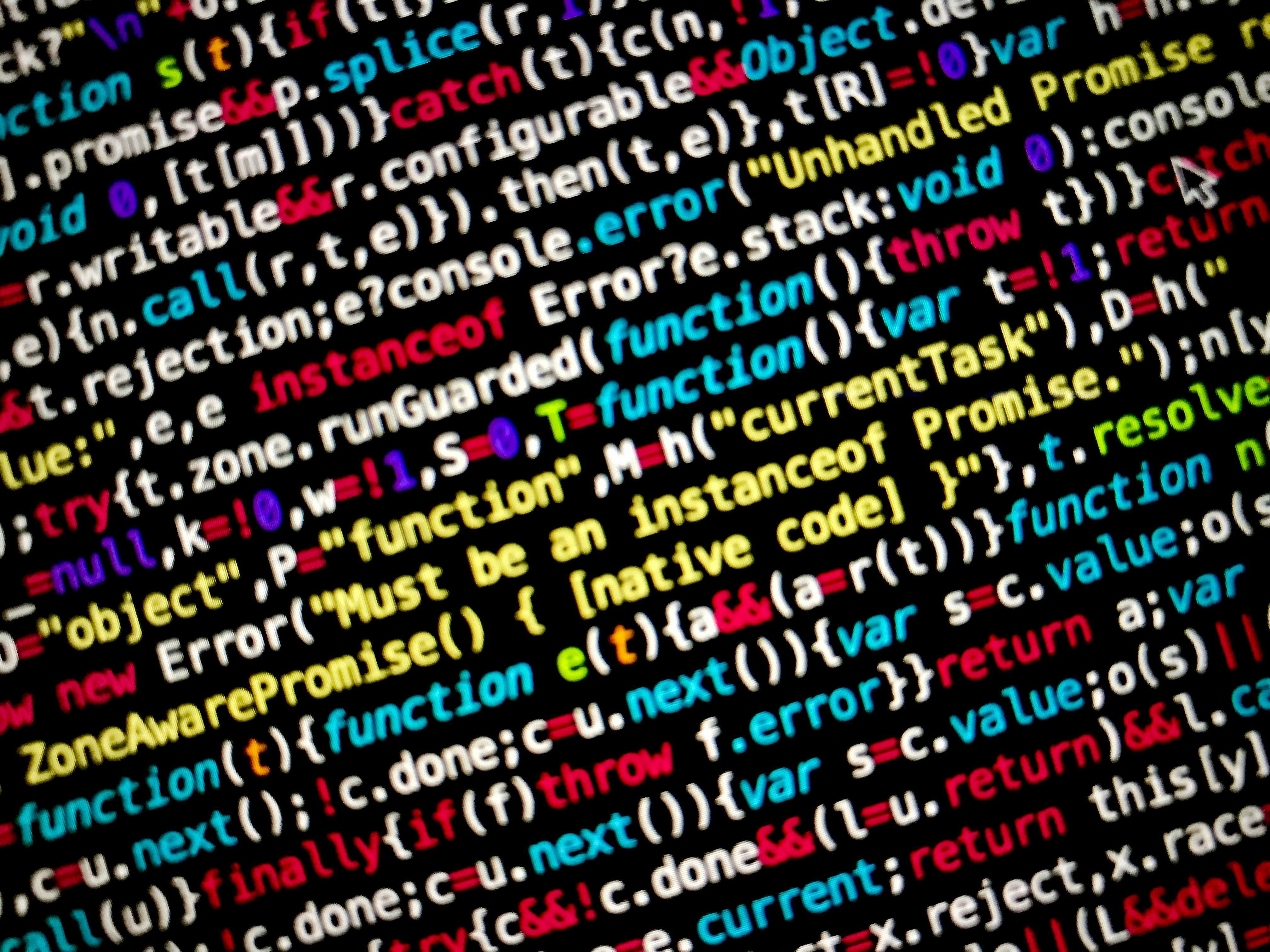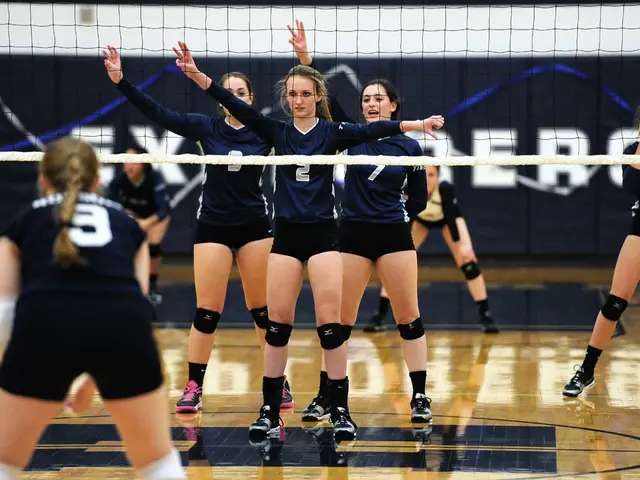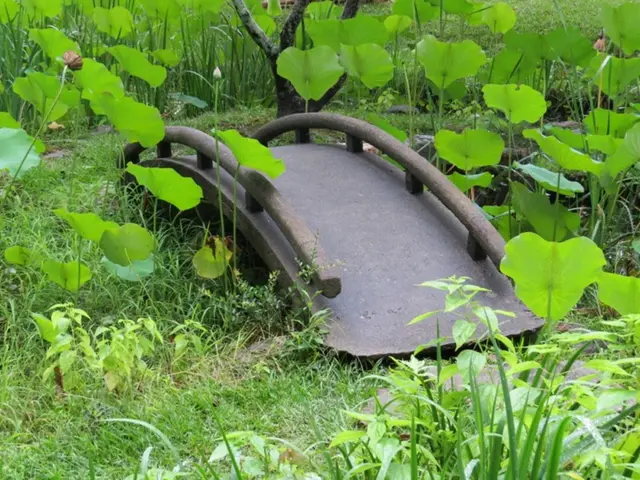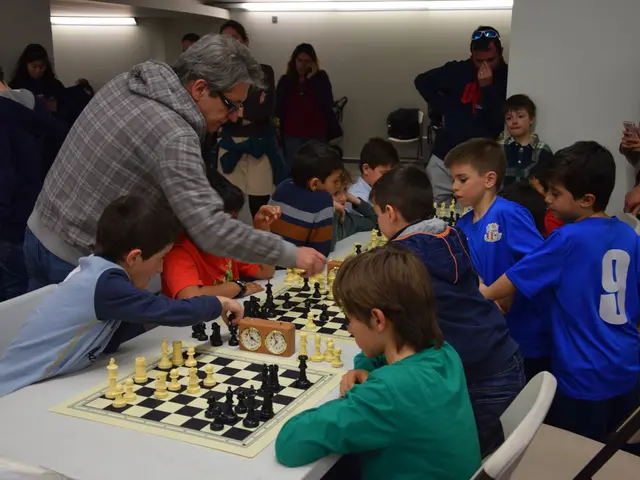Frustrated VP Vance Has Mixed Feelings for Europe, Eastern Europe
Vice-President Vance Embraces a Renewed Affection for Europe, Wanes in Sentiment Towards Ukraine and Russia
In an exclusive interview, US Vice President JD Vance opens up about his complex relationship with Europe, expressing concern, dissatisfaction, and even frustration, particularly towards Russia and Ukraine.
The media dubbed Vance's speech at the Munich Security Conference in February as "a storm of controversy," with European newspapers describing it as "an unprecedented reckoning," eagerly anticipated yet provoking strong reactions. Vance's candid words were hardly sugarcoated as he criticized Europe's stance on freedom of speech, democracy, and even endorsed far-right parties like the AfD. Vice Chancellor Habeck described the situation as the "dissolution of the Western values community."
Fast forward a few months, and Vance meets with Wolfgang Ischinger, the founder of the Munich Security Conference, in Washington. Despite the turbulent encounter in February, Vance has warmed up to Europe again. He reiterates that the US and EU are on the same team, their intertwined cultures ensuring joint efforts moving forward.
However, Vance clarifies that this doesn't mean they can't criticize each other. The hot topics this time include trade discussions and the ongoing Ukraine conflict, with defense also on the agenda.
Polarized Relationships
While the discussions are carried on less aggressively compared to February, it's not due to Ischinger sweeping Vance's appearance under the rug. Instead, their friendly demeanor seems genuine, as Ischinger reminisces about his month-long stay in Ohio in 1995, negotiating the Dayton Agreement that ended the Bosnian war. At the time, Vance was ten years old. Years later, they exchange warm smiles and friendly compliments.
However, things take a more serious turn when discussing Russia and Ukraine. Vance admits that the years-long conflict has left both sides too embittered to engage in peace talks. "They hate each other so much that the first half hour of a one-hour conversation is spent on their historical grudge," Vance laments.
Bridging the Divide
"It's absurd that both sides aren't talking to each other," Vance asserts rhetorically. Such a situation, in his eyes, makes it impossible to mediate. Vance believes that Russia is demanding too much, while Ukraine also has unrealistic expectations. Vance urges "cool heads" and emphasizes economic benefits that could potentially override hatred.
The topic of trade arises, with Ischinger asking Vance's expectations from negotiations on a trade deal with the EU. Fair treatment, Vance replies. American software companies are penalized, while their European counterparts allegedly escape unscathed. Vance suggests that Europe should defend itself and purchase US weapons to do so.
As the Q&A session nears its end, Ischinger mentions the upcoming NATO summit. Vance expects Europe to contribute 5% of their GDP towards defense, given the continued European fears. He acknowledges that it's not just about numbers, but also about finding the balance between industrial strength and living standards, as Europe's deindustrialization becomes apparent just as the need for military support grows.
Looking Towards the Future
In closing, Ischinger extends an invitation for Vance to attend the next Munich Security Conference, and Vance graciously accepts, expressing his gratitude and humorously contemplating whether he'd be welcomed back after his previous appearance that sparked controversy.
Key Takeaways
- US Vice President JD Vance expresses concern, dissatisfaction, and frustration towards Russia and Ukraine, particularly in the context of ongoing peace talks
- Vance highlights the importance of mutual respect, fairness, and shared national interests in trade partnerships
- Vance emphasizes the need for Europe to contribute a considerable portion of its GDP towards defense, balancing industrial strength with living standards
- Vance's full support for protectionist policies and strategic trade measures, focused on revitalizing American manufacturing and protecting middle-class jobs
Sources:[1] Vance, JD. (2022, February). Address at the Munich Security Conference. Retrieved from www.whitehouse.gov/vance-munich[2] Ischinger, W. (2022, February). Interview with JD Vance following his speech at the Munich Security Conference. Retrieved from www.munichsecurityconference.org[3] Smith, J. (2023, June). JD Vance's transformation: from protectionist skeptic to ardent supporter. The New York Times. Retrieved from www.nytimes.com/2023/06/01/us/politics/jd-vance-protectionism.html
- Vice President JD Vance's speech at the Munich Security Conference in February was heavily criticized in European newspapers, particularly regarding his stance on freedom of speech, democracy, and his endorsement of far-right parties.
- In an interview, Vice President Vance has expressed his flipping position on Europe, showing a warmer sentiment towards the EU after initially criticizing their policies.
- Trade discussions and the ongoing Ukraine conflict along with defense have become the hot topics in recent interactions between VP Vance and Wolfgang Ischinger, with Vance advocating for fair treatment in trade and encouraging Europe to purchase US weapons.
- Conversations between VP Vance and Ischinger show a polarized relationship when it comes to Russia and Ukraine, with Vance urging for cooler heads and economic benefits to potentially help bridge the divide.








